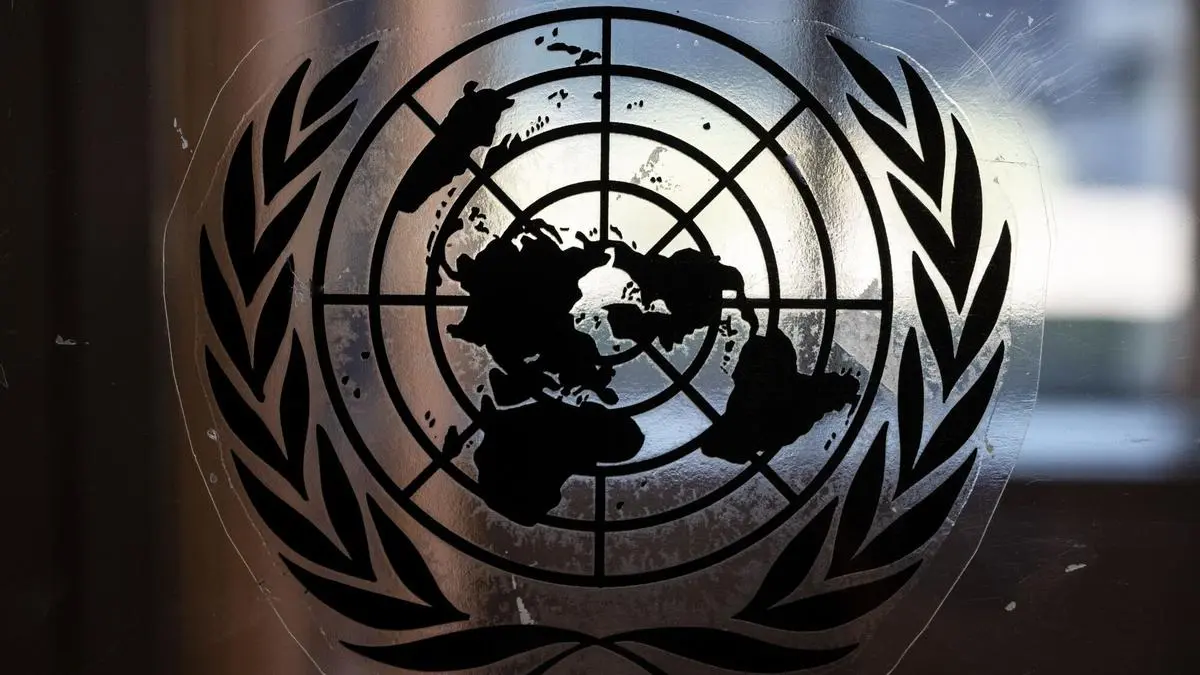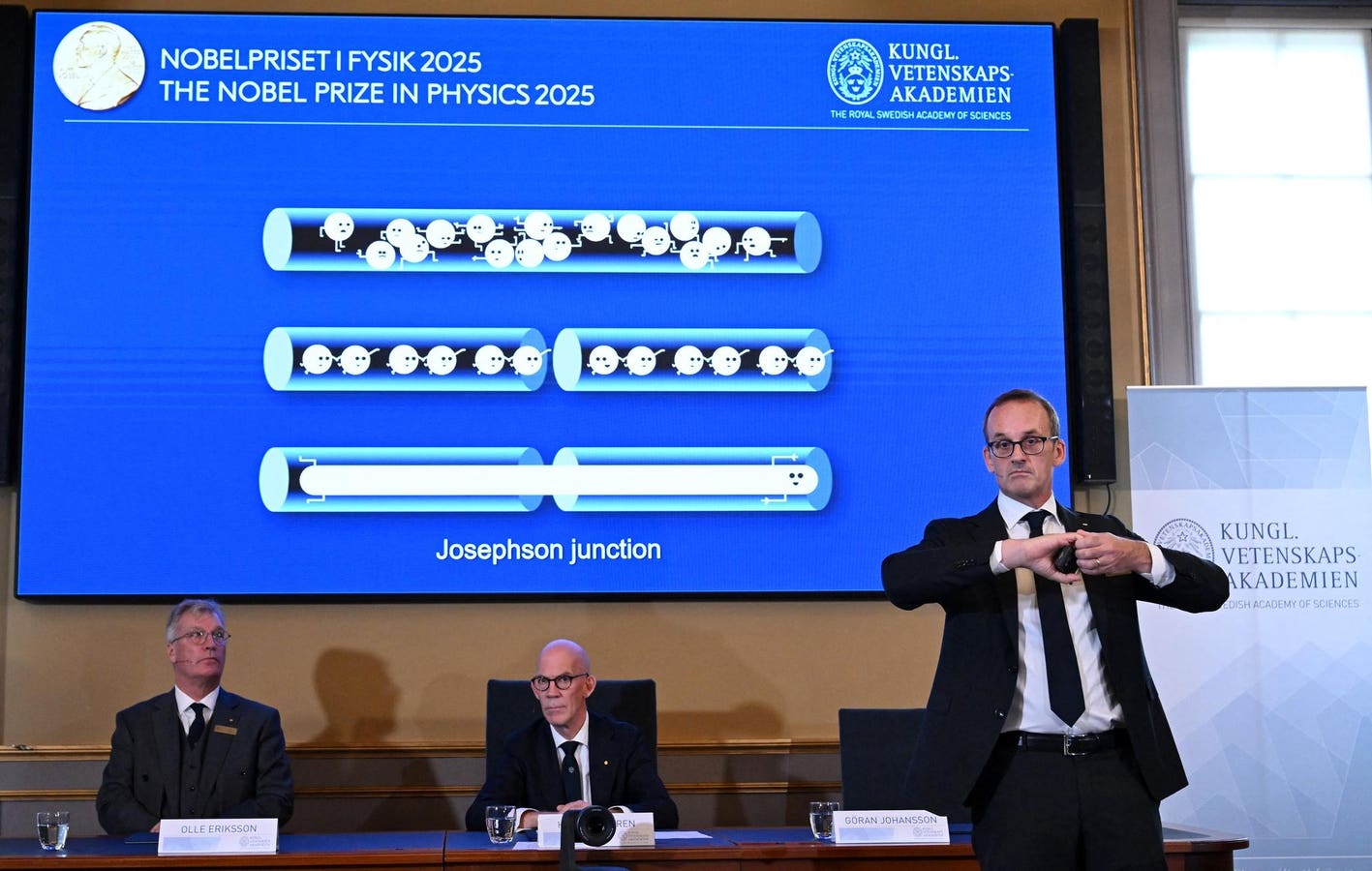Summary
US threatens visa restrictions, sanctions against nations backing UN plan to reduce greenhouse gas emissions from ocean shipping.
Source: thehindubusinessline.com

AI News Q&A (Free Content)
Q1: What is the Initial IMO Strategy on the reduction of GHG emissions from ships?
A1: The Initial IMO Strategy on the reduction of GHG emissions from ships is a framework set by the International Maritime Organization (IMO) to decrease greenhouse gas emissions from international maritime shipping. This strategy aims to eliminate emissions within this century, despite not being legally binding. The strategy, adopted in 2018, suggests various measures for members to adopt and emphasizes cooperation between more developed and less developed countries.
Q2: Why is international shipping not covered under the 2015 Paris Agreement?
A2: International shipping is not covered under the 2015 Paris Agreement because the agreement focuses on national emissions, and shipping emissions occur in international waters. However, due to the increasing emissions from the sector, there was significant pressure on the IMO to develop a strategy, leading to the adoption of the Initial IMO Strategy.
Q3: What are Emission Control Areas (ECAs) and their significance?
A3: Emission Control Areas (ECAs) are designated sea areas where stricter controls are established to minimize airborne emissions from ships, as per Annex VI of the 1997 MARPOL Protocol. These regulations, effective since May 2005, aim to address local and global air pollution caused by shipping. ECAs include areas like the Baltic Sea and the North Sea, and they enforce stringent limits on sulfur and nitrogen oxide emissions.
Q4: What are the potential consequences of the US imposing visa restrictions or sanctions in response to the UN-backed IMO emissions plan?
A4: If the US imposes visa restrictions or sanctions, it could strain international relations, particularly with countries supporting the IMO emissions plan. Such actions might discourage countries from participating in global environmental initiatives and could impact international trade and maritime cooperation.
Q5: What role does the International Maritime Organization (IMO) play in global maritime regulation?
A5: The IMO is a specialized UN agency responsible for regulating maritime transport. Established in 1959, it develops and maintains a regulatory framework covering maritime safety, environmental concerns, and legal matters. The IMO is governed by an assembly of member states and supported by a permanent secretariat based in London.
Q6: How does the IMO strategy envision cooperation between developed and less developed countries?
A6: The IMO strategy encourages developed countries to support less developed countries in adopting measures to reduce GHG emissions from ships. This includes technical support, financial assistance, and capacity-building initiatives to ensure all member states can participate in the global effort to reduce emissions.
Q7: What challenges might the IMO face in implementing its GHG emissions reduction strategy?
A7: The IMO may face challenges such as varying levels of commitment from member states, the need for substantial investment in cleaner technologies, and balancing economic growth with environmental responsibilities. Additionally, the non-binding nature of the strategy may limit its effectiveness if members do not voluntarily comply.
References:
- Initial IMO Strategy on the reduction of GHG emissions from ships
- Emission control area
- International Maritime Organization





